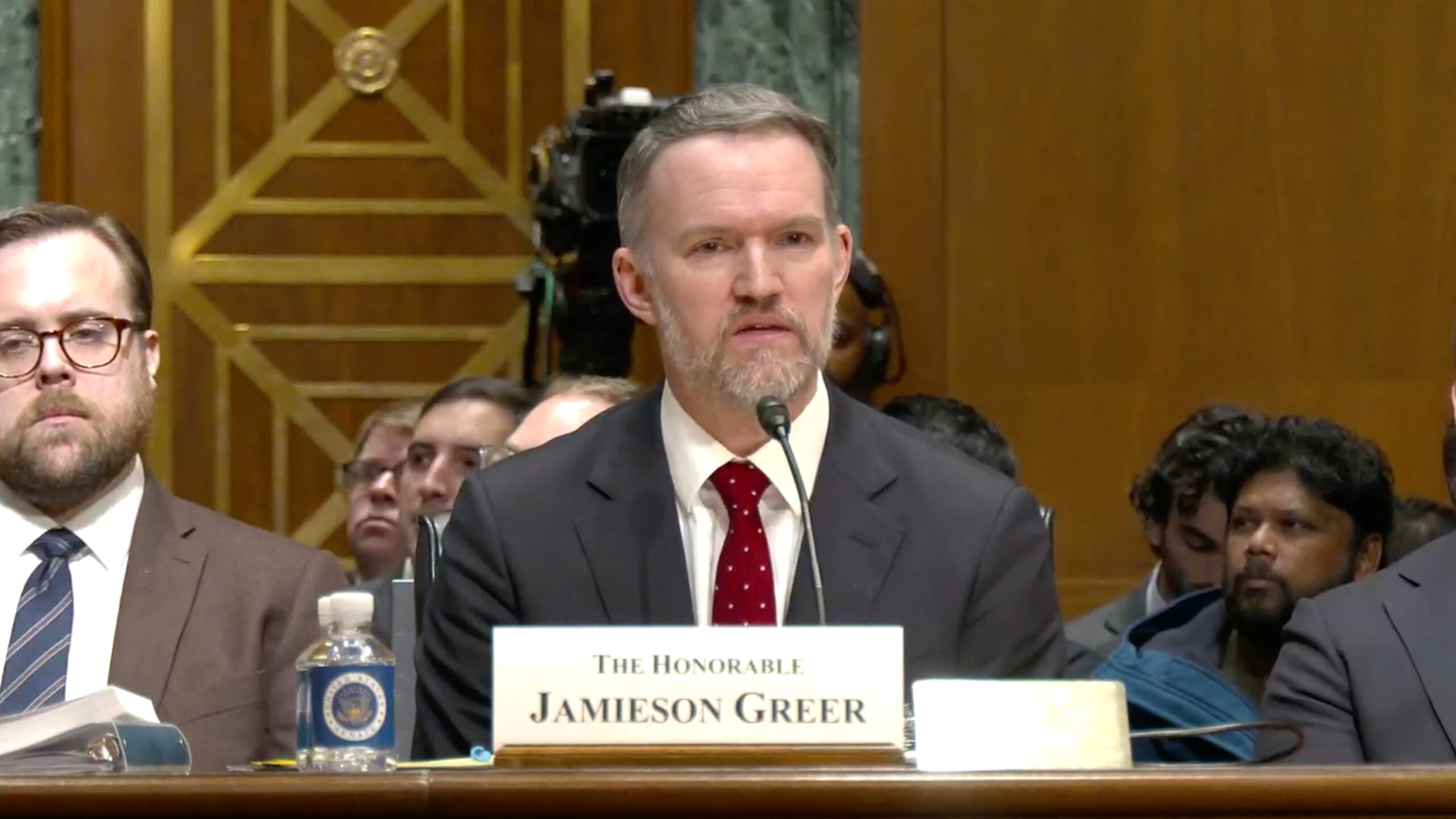Donald Trump won the presidency in significant measure on a promise to deliver more robust growth and better jobs. As things stand, his efforts and GOP prospects for the midterm elections will importantly hinge on accomplishing tax reforms that encourage more investment.
[Peter Morici] April 17th, 2017 [Washington Times]
Stronger growth could be greatly assisted by reducing health care costs, regulatory burdens and the trade deficit, but the failure of Speaker Paul Ryan’s Obamacare replacement, legal barriers to quickly deconstructing Obama-era regulations and complexity of renegotiating international trade arrangements leave cutting taxes as the most viable path for Republicans to accomplish progress quickly.
Unfortunately, Mr. Trump and the Republicans are hung up by conflicting objectives and special interests that make the prospects for success difficult.
U.S. corporate taxes are much higher than those imposed by rivals like the United Kingdom, Germany, Ireland and China, because other nations rely more on consumption than income taxes — usually, value added taxes (VATs).
Ways and Means Chairman Kevin Brady is pushing a plan to lower the top corporate tax rate from 35 to 20 percent by ripping away many special interest provisions and shifting the basis for business taxation from where products are made to where those are consumed. To yield the same revenue as the current law and be consistent with the latter principle, it would not impose taxes on products made in the United States for export, and collect the 20 percent tax on imports.
Retailers like Wal-Mart strongly oppose such border tax adjustments (BTAs) on imports because they allege it would raise prices on imported consumer goods by 20 percent. That may sound plausible but is unlikely, because retailers would also be paying lower taxes on their warehousing, distribution and merchandising activities. Nevertheless, retailers have found many allies among Republicans in the Senate to oppose the Brady plan.
If a corporate reform bill — or the combination of corporate and personal tax changes — is not revenue neutral, it cannot be put into law for more than 10 years through budget reconciliation, which requires only a simple majority in the Senate and no votes from Democrats if Republicans maintain solidarity. Tax changes that automatically expire in 10 years or less would do little to instigate more long-term investments in manufacturing, research labs and the like.
Republicans in the Senate are not likely to garner much support from Democrats to pass measures that cut corporate or top individual tax rates and increase deficits.
Most U.S. businesses — even some large ones like Chrysler and Bechtel — are organized as limited liability corporations and pay taxes through the personal income tax code. Hence, lowering the top marginal tax rates of 39.6 and 35 percent is also essential to stimulating more investment in the United States.
Lowering those rates significantly without losing revenue and increasing budget deficits will be tough, because Mr. Trump has promised a middle-class tax cut. And the latter necessarily involves shifting more of the tax burden onto the top quarter of taxpayers, who already pay more than 85 percent of personal income taxes collected.
The only way out for Republicans is to impose a new tax to finance lower corporate and personal income taxes — notably, a VAT as applied by most other advanced industrialized countries.
Those nations impose BTAs. Failing to do so with a U.S. VAT would permit foreign-made products to enter U.S. markets without paying a VAT abroad or here, while U.S.-made products would be subject to the new U.S. levy. That would woefully disadvantage the location of production in the United States and defeat the original purpose of tax reform — to boost U.S. investment and growth.
The bottom line is that Mr. Trump and Republicans can only cut taxes to effectively boost growth by embracing a VAT with BTAs and disappointing Wal-Mart and other retailers.
My bet is they won’t accomplish much more than marginal changes in the tax code, and 2018 will be a good year for the Democrats.












